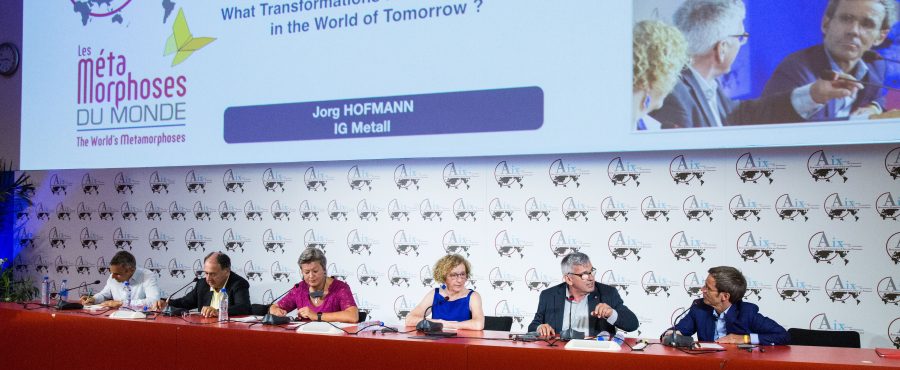7 Jul 2018
What Transformations for Social Dialogue in the World of Tomorrow ?
Debate 9

The protectionist temptation of many countries, the rise of political extremism as well as public distrust towards finance (following the 2008 crisis) are all signs that globalisation no longer convinces. The dialogue now seems to have been broken off between those in favour of a more open economy and those who prefer to protect themselves against any international competition. The response to the spread mistrust could therefore be more social.
Read more
At a time when businesses are increasingly internationalized, governments now face the difficult task of balancing the opening of borders with more economic protection policies for their population, always preserving the specificities of their national social systems. Integrating a strengthened social dialogue into the decision-making process, both private and public, could therefore improve the acceptability of policies implemented. In an age where interconnected and interdependent economies are changing in depth, is an international social dialogue a potential solution to ensure a just globalization that benefits the greatest number? How can we organize this social dialogue in order for it to spread beyond borders? What will be the main objectives? Can we, in the long run, imagine the advent of a universal social right? Can free-trade treaties better serve the social interests of peoples?
Contributions
SOCIAL DIALOGUE IN A CHANGING WORLD OF WORK_CARCILLO


























































































